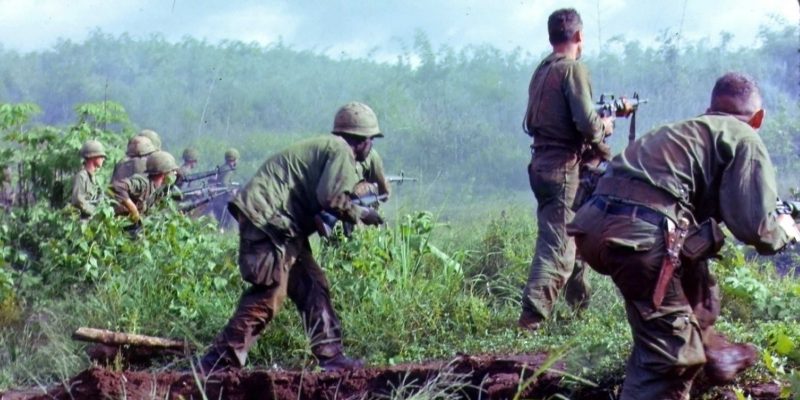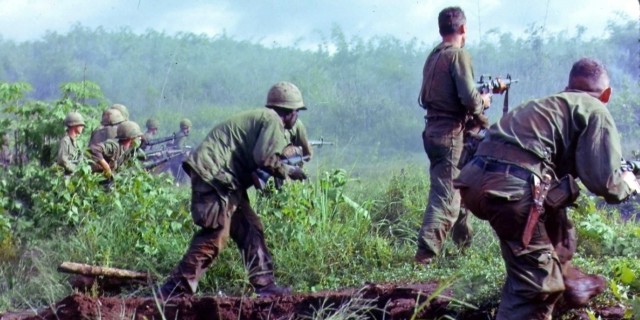In an effort to resolve Missing in Action cases, the US National Security Agency (NSA) continues to review more than 7.5 million reports and documents from previously classified materials.
Up until the 1990s, all of the Vietnam War military records were unavailable. Since then the NSA has been investigating cases involving military service members classified as Prisoners of War or Missing in Action during the war. They will to be releasing more than 1,500 documents over the coming months.
More than 1,000 US military personnel were classed as Prisoners of War (POW) or Missing in Action (MIA). The majority of US soldiers were captured or killed exclusively by the North Vietnamese. Now the released reports reveal evidencethat some of those US soldiers were caught or went missing when their planes crashed in or near Chinese airspace. Previously, it was thought that China did not have a huge role in the war; however these previously unshared documents are revealing that the Chinese government did play more of a role than originally thought.
Signals intelligence (SIGINT) documents describe one incident in 1965 when US Air Force Captain Philip E. Smith flew his F-104 fighter plane over Hainan Island, a Chinese territory, by accident because his navigation were damaged. A Chinese MiG-19 was dispatched to intercept the US aircraft and was subsequently shot down. Reports reveal that the Chinese were aware that the plane was from the US and captured its pilot alive. Another report discusses how in an air battle, a US plane took down one Chinese MiG before being shot down. They subsequently captured Lt. Junior Grade Terrence M. Murphy and another US pilot.
Diplomatic relations between China and the US were non-existent during the Vietnam War due to the US’s fight against communism. This made discussions more hostile and therefore more difficult to negotiate over those captured as Prisoners of War. The NSA reviewed both incidents and reported that up to ten Chinese fighter jets were deployed in reaction to hostile aircraft over its Hainan Island airspace. They go on to indicate that since the Chinese had not engaged in the past, this could be an indicator that they planned to aggressively engage the foreign aircraft, the Business Insider reports.
Recently released reports also show US soldiers were captured by the Chinese in Laos. The Chinese were camped near to Shwe Hsaing when they seized two American soldiers. More of these incidents are sure to be revealed as the NSA continues to release more documents to the public.

